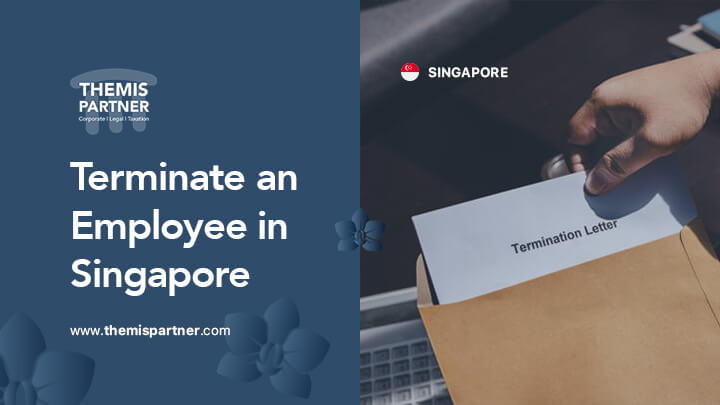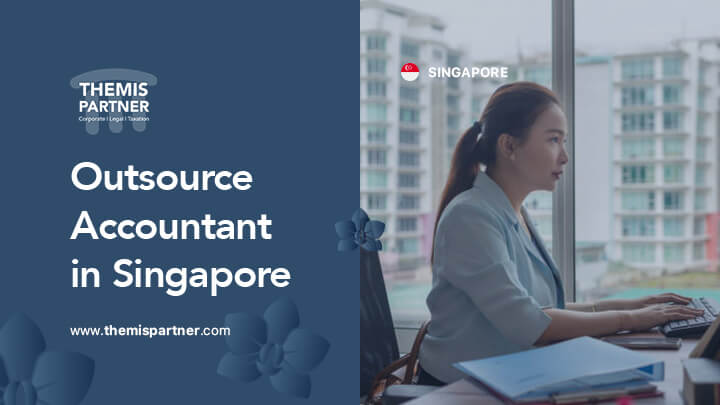What is the Inland Revenue Authority of Singapore (IRAS)?
The Inland Revenue Authority of Singapore, also known as IRAS, is organized into different divisions: individuals concerned with personal tax, and companies concerned with corporate income tax.
What is the tax system in Singapore?
The Singapore tax system is based on a territorial concept. As a result, companies and individuals are mainly taxed on the income they receive in Singapore.
Unless the full amount has already been subject to tax in a jurisdiction that has general tax rates of at least 15%, foreign source income is taxed when it is repatriated or considered remitted to Singapore.
Finally, although this territorial concept seems simple, its implementation can sometimes be complicated. Therefore, there is no universal rule applicable to all situations. Whether profits are generated or derived from Singapore depends on the nature of the profits and the transactions that generate them.
What is the role of the Inland Revenue Authority of Singapore?
The Inland Revenue Authority of Singapore deals with all matters relating to direct and indirect taxes that an individual or company may have. Thus, the two main functions of the authority are collecting all forms of taxes and functioning as a tax advisor to the government.

1. Collection of taxes
The Inland Revenue Authority of Singapore is in charge of collecting the following taxes:
| ➤ Income tax, which is levied on both individuals and companies |
| ➤ Goods and Services Tax, which is consumption-based and applies to all goods and services, including imports |
| ➤ Property tax, which is levied on landowners based on the projected rental values of their assets |
| ➤ Stamp duty on real estate |
| ➤ Land entities are subject to stamp duty |
| ➤ Stamp duty on shareholders |
| ➤ Withholding taxes on trust estates |
| ➤ Duties on betting and raffles in private lotteries |
| ➤ Clubs and associations for casino tax |
| ➤ Charities |
| ➤ Dividends, capital gains and estates are all tax exempt |










